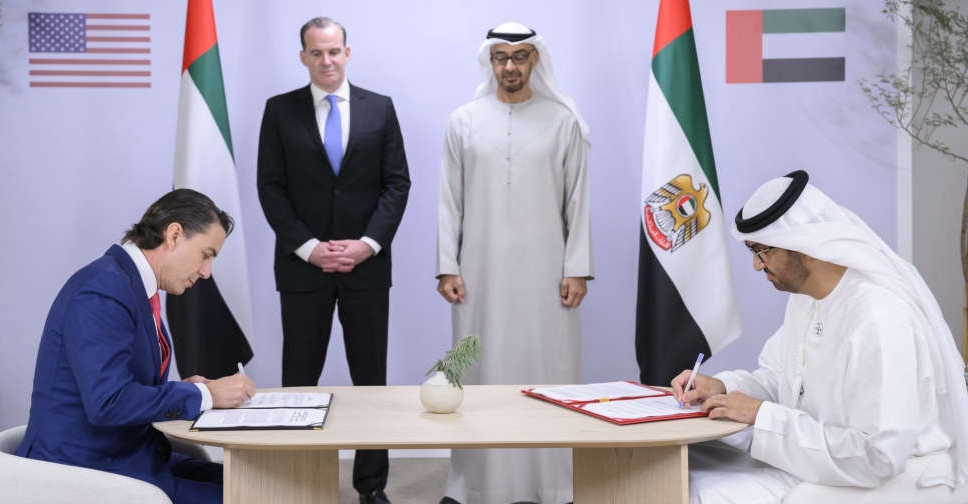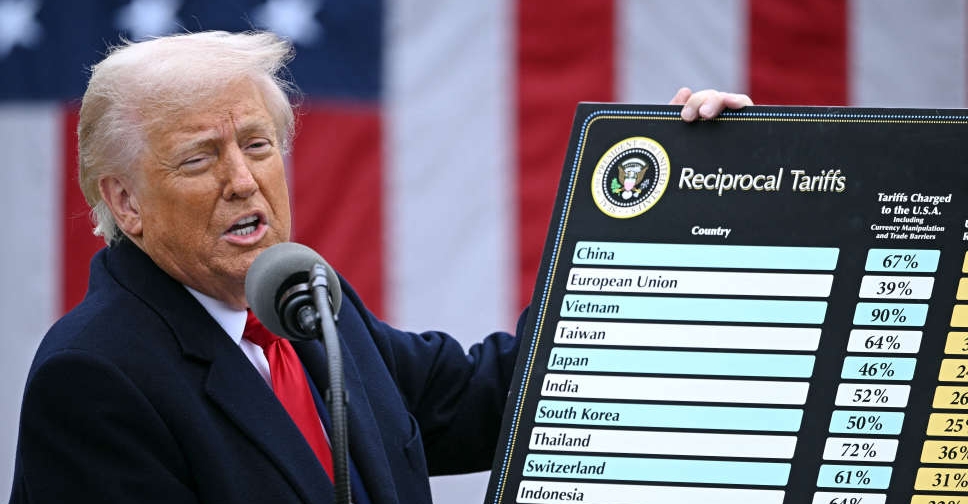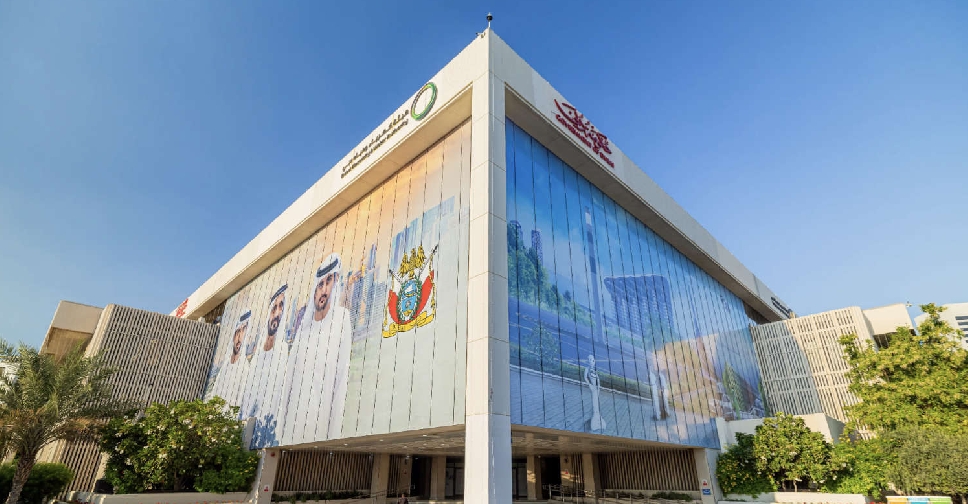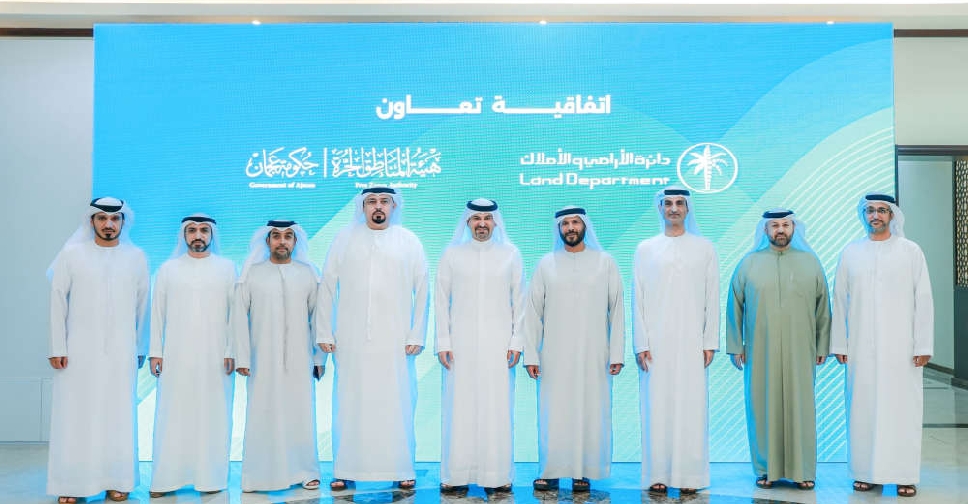
The UAE and the US have signed a strategic partnership agreement to invest $100 billion in clean energy projects with a production capacity of 100 gigawatts by 2035.
The pact was signed in the presence of President His Highness Sheikh Mohamed bin Zayed Al Nahyan on the sidelines of the Abu Dhabi International Petroleum Exhibition and Conference (ADIPEC).
The UAE-US Partnership for Accelerating Clean Energy (PACE) will catalyse $100 billion in financing and other support in addition to deploying 100 new gigawatts (GW) of clean energy in the US, the UAE and emerging economies around the world by 2035.
Dr. Sultan Al Jaber, UAE Minister of Industry & Advanced Technology and Special Envoy for Climate Change, and Amos Hochstein, Special US Presidential Coordinator, signed the agreement on behalf of the two countries.
During the event, the UAE and the US reaffirmed their shared commitment to enhancing climate ambition and climate action, in line with their net zero 2050 goals.
Looking ahead to COP27 in Egypt next month and to COP28 in the UAE next year, both countries will work together to advance their shared view that the fastest and most reliable pathway to achieve net zero will require accelerating investment in clean energy technology and resources.
Building on five decades of energy cooperation and partnership, the UAE and US have established PACE to promote practical initiatives and promising technologies that can quicken the energy transition.
It will assemble and stimulate private and public sector funding and support across four priority areas: Clean energy innovation, financing, deployment and supply chains; Carbon and methane management; Advanced reactors, including Small Modular Reactors (SMRs); and industrial and transport decarbonisation.
Across the four pillars of PACE, the UAE and the US will:
- Develop, finance and deploy clean energy projects in the US, UAE and third countries; invest in responsible and resilient supply chains; and promote investment in green mining, production and processing of minerals and materials that are vital to the energy transition.
- Accelerate investment in fossil fuel emissions mitigation; further develop CCUS technologies; and advance methane measurement and management, including enhancing domestic methane reduction programmes.
- Engage in the areas of advanced reactors, including Small Modular Reactors (SMRs), and to promote nuclear power as a clean energy solution to drive decarbonisation in the power sector as well as hard-to-abate sectors beyond electricity—for example, by producing cost-competitive, low-carbon applications to produce hydrogen, industrial process heat, and desalinated water that meet decarbonisation goals, air quality standards, and clean water needs.
- Encourage concrete investment and collaboration toward decarbonisation across all industrial sectors by 2030; scale up clean fuels in long-distance transport sectors such as aviation and shipping; and promote electrification and energy efficiency as a key pathway to reducing emissions.


 Wall Street futures sink as tariffs fuel recession fears
Wall Street futures sink as tariffs fuel recession fears
 Trump to impose 10% tariff on UAE, Saudi Arabia imports
Trump to impose 10% tariff on UAE, Saudi Arabia imports
 UAE tops global entrepreneurship rankings for 4th straight year
UAE tops global entrepreneurship rankings for 4th straight year
 Emirates launches express delivery service
Emirates launches express delivery service
 DEWA reduces CO2 emissions with increased electricity, water efficiency
DEWA reduces CO2 emissions with increased electricity, water efficiency




